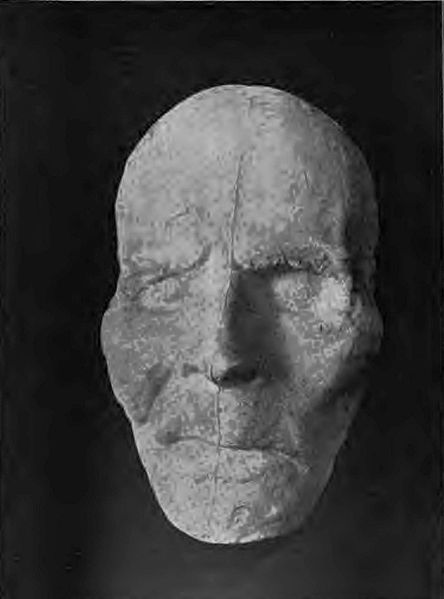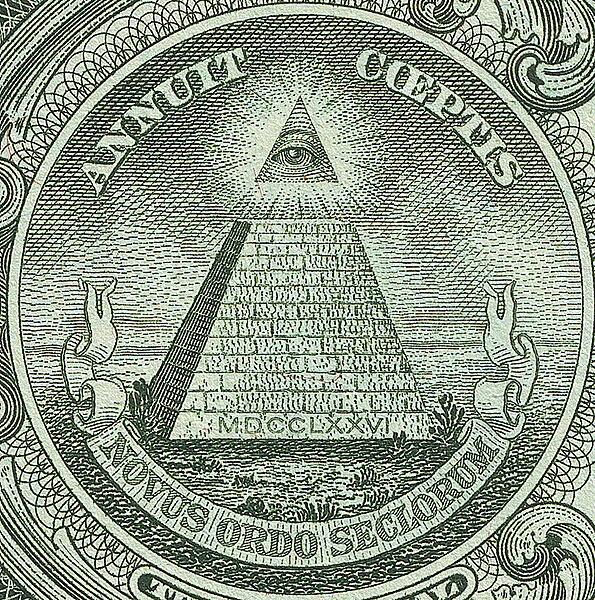Johann Adam Weishaupt was a German philosopher, professor of civil law and later canon law, and founder of the Illuminati.
1799 portrait of Weishaupt
Death mask of Adam Weishaupt
The Illuminati is a name given to several groups, both real and fictitious. Historically, the name usually refers to the Bavarian Illuminati, an Enlightenment-era secret society founded on 1 May 1776 in Bavaria, today part of Germany. The society's stated goals were to oppose superstition, obscurantism, religious influence over public life, and abuses of state power. "The order of the day," they wrote in their general statutes, "is to put an end to the machinations of the purveyors of injustice, to control them without dominating them." The Illuminati—along with Freemasonry and other secret societies—were outlawed through edict by Charles Theodore, Elector of Bavaria, with the encouragement of the Catholic Church, in 1784, 1785, 1787 and 1790. During subsequent years, the group was generally vilified by conservative and religious critics who claimed that the Illuminati continued underground and were responsible for the French Revolution.

Adam Weishaupt (1748–1830), founder of the Illuminati
Adolph Freiherr Knigge, the most effective recruiter for the Illuminati
"Ruined" castle built by Prince Charles of Hesse-Kassel in the park at Wilhelmsbad, venue for the last convent of the Strict Observance
The Eye of Providence, as seen on the US $1 bill, has been perceived by some to be evidence of a conspiracy linking the Founding Fathers of the United States to the Illuminati.






